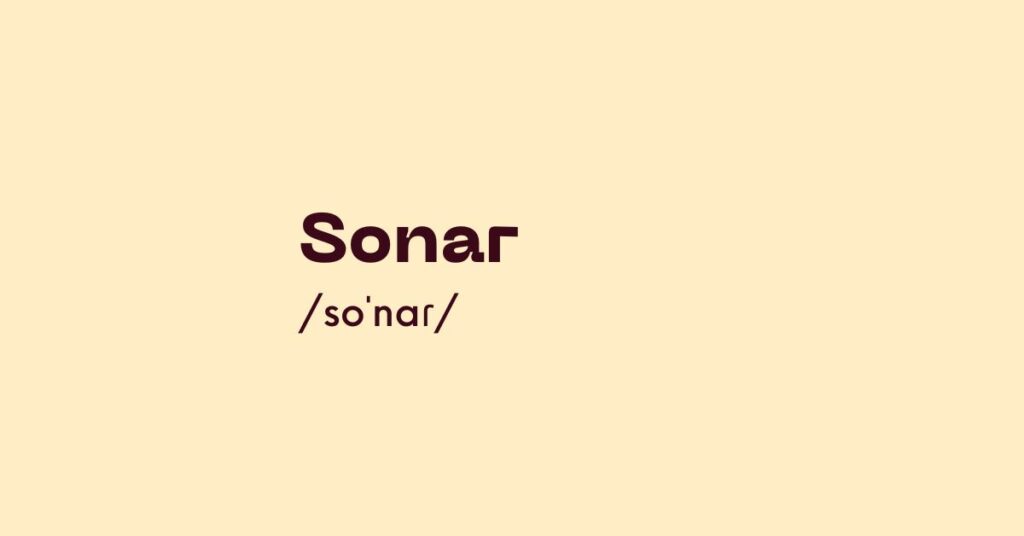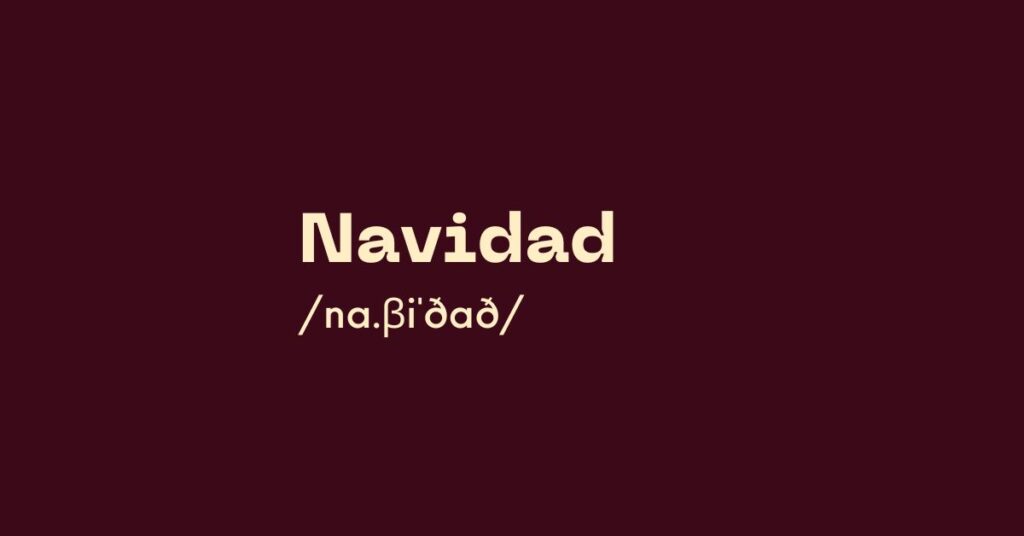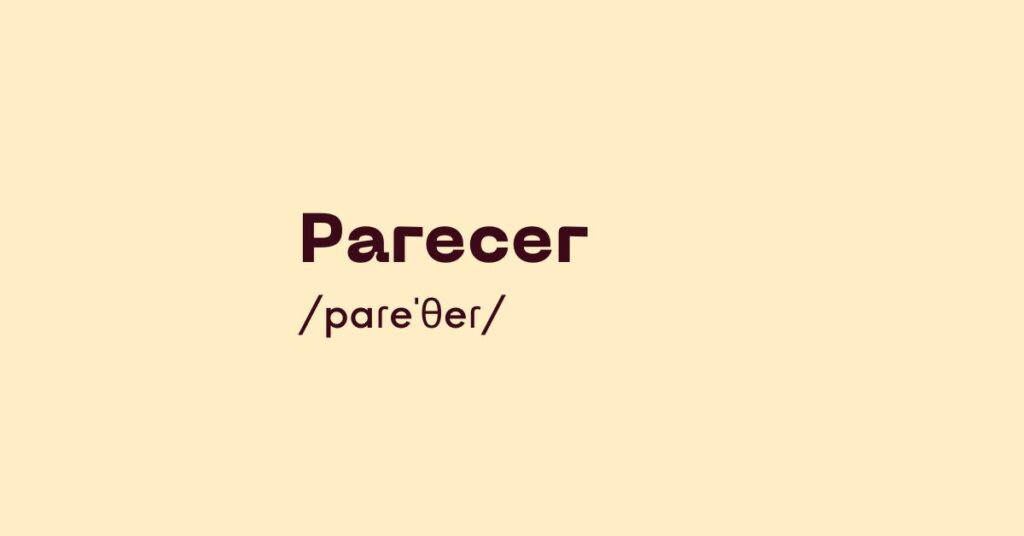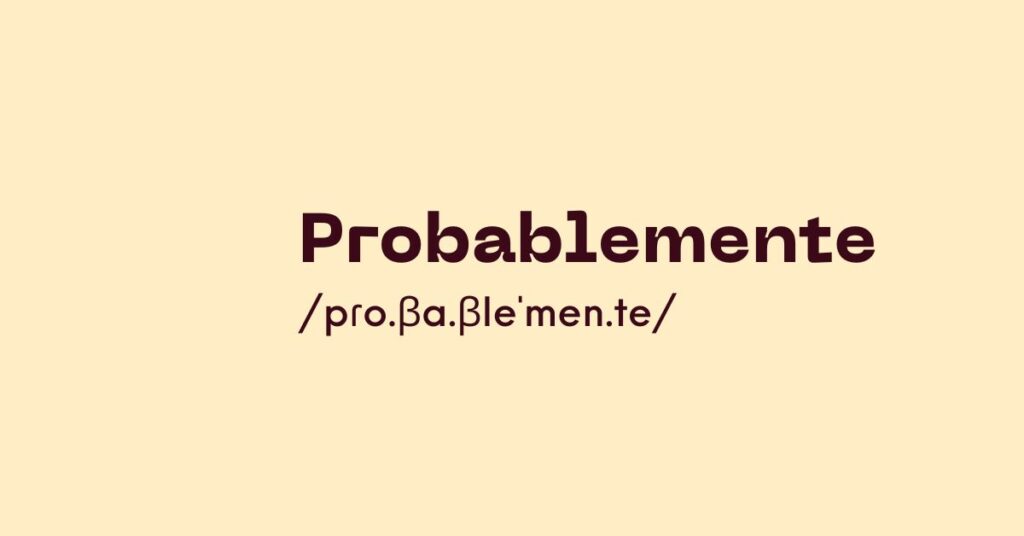Suceder
Today’s Spanish word of the day is “suceder”. It’s a verb meaning “to happen”. It can also mean “to succeed” in the sense of “to follow”. If you want to talk about “succeeding” as in achieving, you wouldn’t use the verb “suceder”. You could instead use the verb “lograr” (“to manage/achieve”), or an expression such […]









